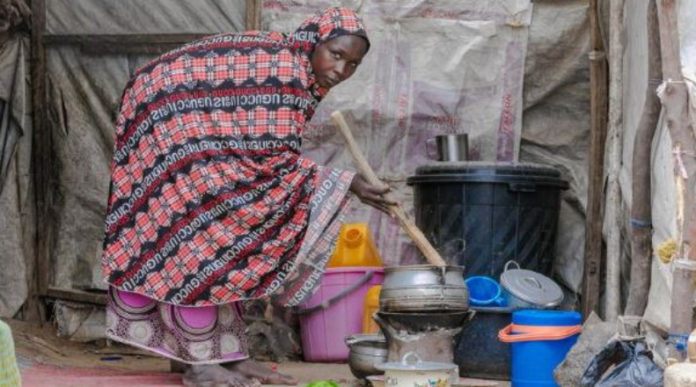New Delhi (NVI): Acute hunger will increase in over 20 countries worldwide in the coming months without urgent international assistance, according to a joint UN report.
According to the Food and Agriculture Organization (FAO) and World Food Programme (WFP) joint report, “Yemen, South Sudan and northern Nigeria top the list and they face catastrophic levels of acute hunger and starvation”
Although the majority of the affected countries are in Africa, the report warns acute hunger is expected to rise steeply in most regions in the world. Among those most at risk are Afghanistan in Asia, Syria and Lebanon in the Middle East, to Haiti in Latin America and the Caribbean.
“The magnitude of suffering is alarming. It is incumbent upon all of us to act now and to act fast to save lives, safeguard livelihoods and prevent the worst situation,” said FAO Director-General QU Dongyu.
“In many regions, the planting season has just started or is about to start. We must run against the clock and not let this opportunity to protect, stabilize and even possibly increase local food production slip away,” Qu added.
The FAO and WFP report titled — ‘Hunger Hotspots’ also stated that more than 34 million people around the world are already facing with emergency levels of acute hunger (IPC4), meaning they are one step away from starvation.
It noted that families in pockets of South Sudan and Yemen are already experiencing starvation and death, or are at risk of starvation.
There are several conflict behind the projected rise in acute food insecurity in the 20 hunger “hotspots” between March and July 2021. The countries facing one or a mix of key drivers which includes conflict, the COVID-19 pandemic, climate extremes and la Niña-driven weather and desert locust outbreaks.
It also includes increasingly constrained humanitarian access to people in need is another concern.
Further, the joint UN report recommends short-term actions in each hunger hotspot including scaling up food and nutrition assistance, distributing drought-tolerant seeds, treating and vaccinating livestock to rolling out cash-for-work schemes, rehabilitating water-harvesting structures and increasing income opportunities for vulnerable communities.
“We are seeing a catastrophe unfold before our very eyes. Famine – driven by conflict, and fueled by climate shocks and the COVID-19 hunger pandemic – is knocking on the door for millions of families,” said WFP Executive Director David Beasley
Earlier this month, FAO and WFP called for USD 5.5 billion to swiftly scale up actions and avert famine through a combination of humanitarian food assistance, cash and emergency livelihoods interventions, the report added.
-RJV








